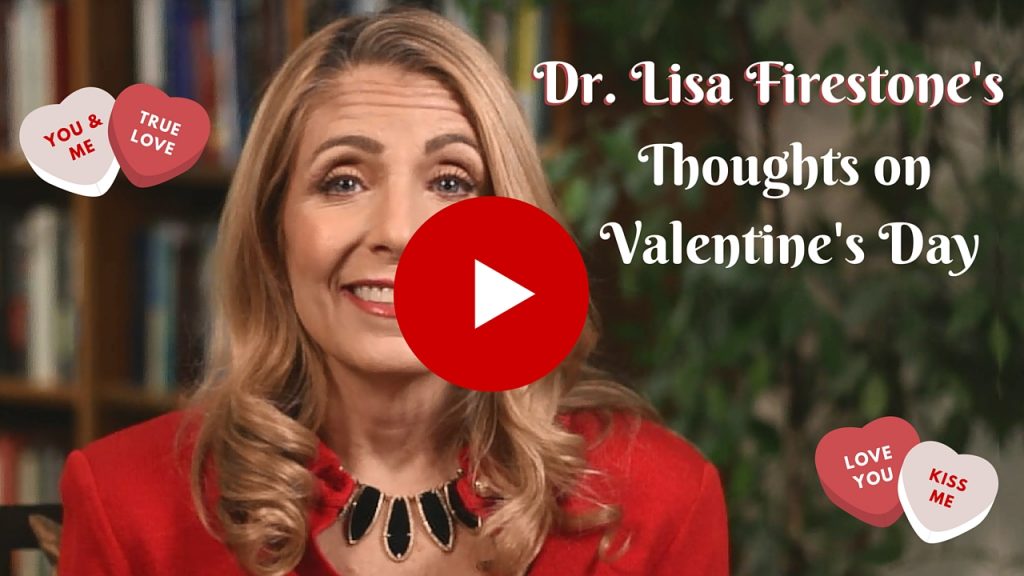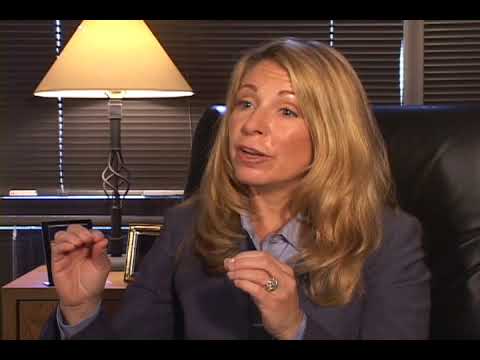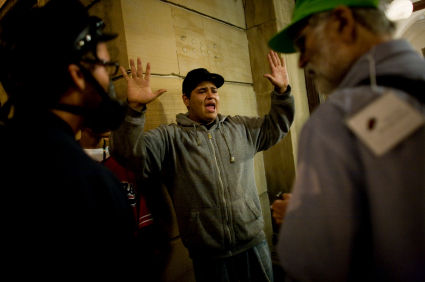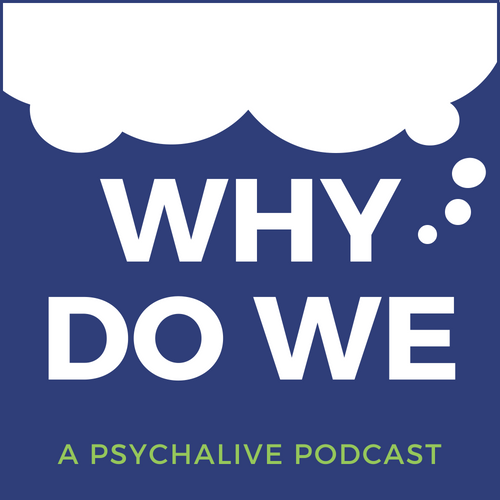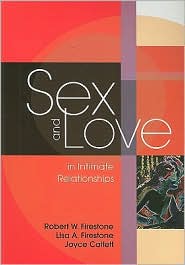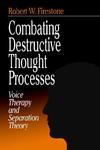Video: Dr. Lisa Firestone’s Thoughts on Valentine’s Day
Valentine’s Day Articles by Dr. Lisa Firestone: How to Not Feel Let Down This Valentine’s Day When I think of Valentine’s Day, I inevitably think of February 15. That’s the day that people come in to work or meet friends for coffee and talk about the events of the previous evening. Some excerpts I’ve heard in … Read More » Advice for Valentine’s Day: Amplify the Romance in Your Relationship We’re all familiar with the complaint that Valentine’s D…
Learn More